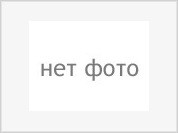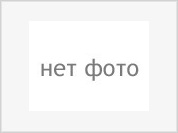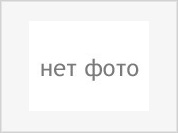State Duma calls on NATO to implement prague summit decisions on transformation
The State Duma adopted on Tuesday a statement on NATO enlargement calling for NATO member-states to "implement transformation of the alliance, in line with the Prague summit decisions in order to promote international peace and security." The document stresses that NATO enlargement will "significantly change the ways of ensuring security in Europe". "While recognising the sovereign right of any independent state to join any military-political alliance, the State Duma believes that NATO's quantitative enlargement will not resolve many of the problems that European states are facing, primarily, the threat of terrorism, nor will it promote enhancing security of either the bloc itself or the countries desiring to be its members." The document points out that the State Duma "takes into consideration the statement of heads of NATO member-states about their commitment to the Treaty on Conventional Armed Forces in Europe (CFE). At the same time, there is a danger that the accession to NATO of Latvia, Lithuania, Slovenia, and Estonia which did not sign the CFE Treaty will create a "gray zone" in Europe with no restrictions on the deployment of NATO troops. It is crucial that new NATO member-states should join this treaty as soon as possible." Taking into consideration that some of these states are willing to join the adapted CFE after it comes into force, the State Duma is concerned "about the non-constructive position of some NATO member-states, first of all, the USA and Turkey, which are deliberately protracting this crucial document's ratification." The State Duma deputies believe that co-operation between Russia and the North Atlantic alliance can be implemented more efficiently on the basis of coincidence of their interests within flexible political coalitions aimed at solving particular tasks.
The State Duma believes that "NATO enlargement presupposes the responsibility of the alliance's leaders for the development of constructive relations between Russia and the Baltic States which are joining the alliance and that it will help stop the violations of rights of the Russian-speaking population of Latvia and Estonia," the statement reads.
Subscribe to Pravda.Ru Telegram channel, Facebook, RSS!





